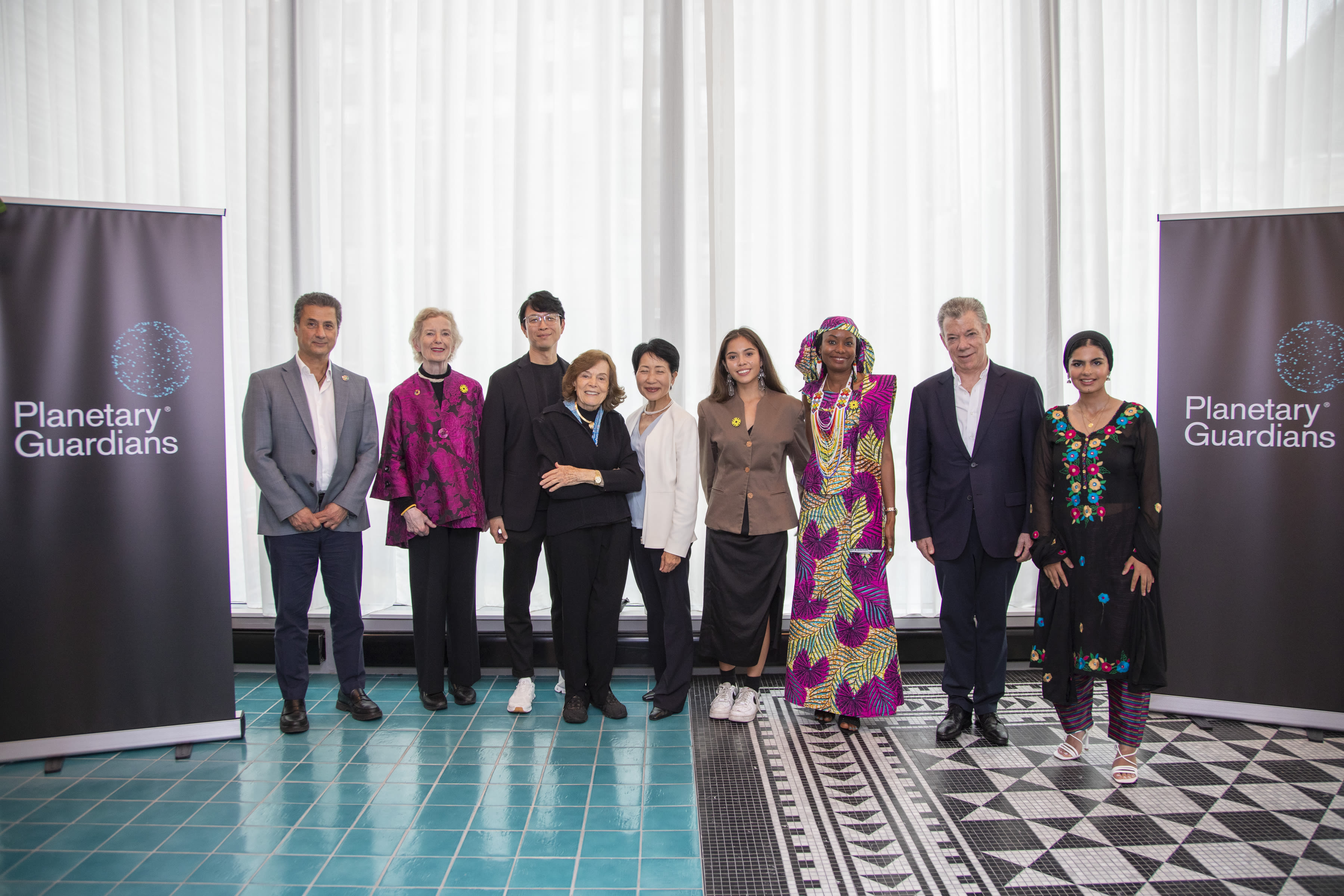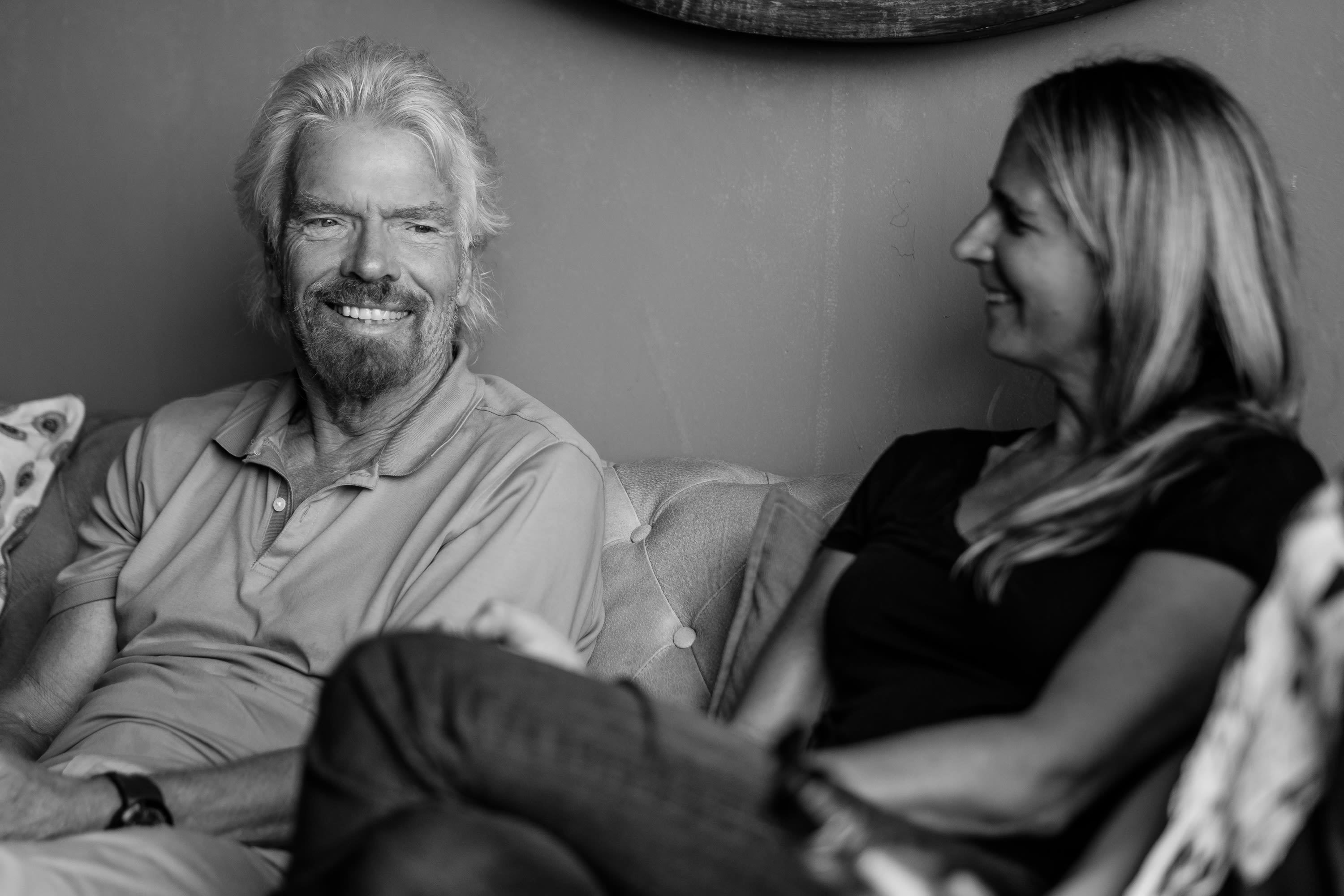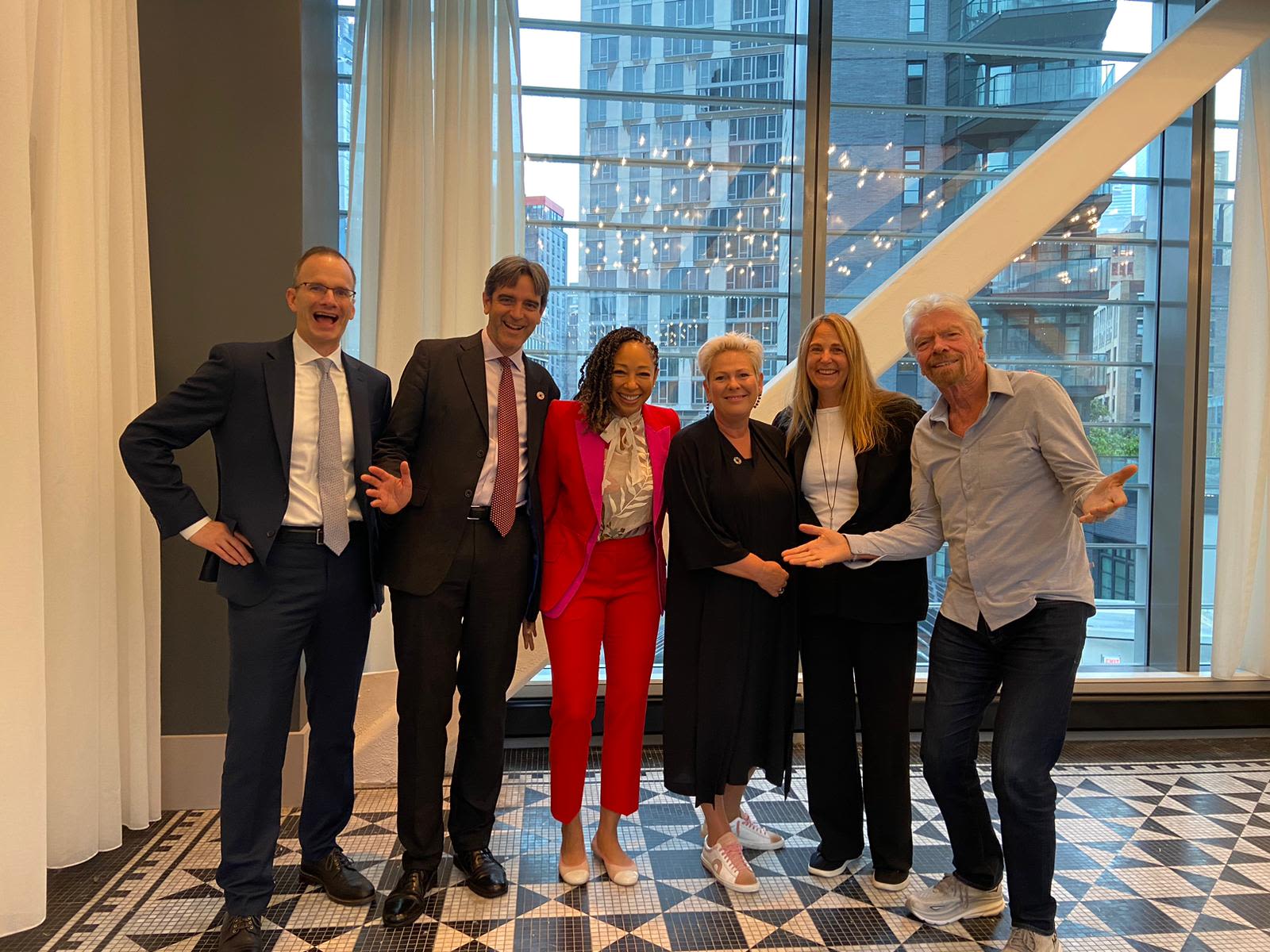Visiting Brazil with The Planetary Guardians
Find more purpose stories from Virgin Unite and the Virgin Group right here.
It was a pleasure to visit Brazil with the Planetary Guardians. We spent our time discussing how to elevate the Planetary Boundaries science, listening and learning from indigenous peoples and leaders from across the country.
The Planetary Guardians is an independent, non-profit organisation that brings together scientists, leaders and people committed to the planet. I’m proud to serve as an Advisory Council member and support the collective.
We welcomed two new Planetary Guardians: world-renowned scientist and Nobel Laureate, Dr. Carlos Nobre; and Christiana Figueres, who was integral in delivering the Paris Agreement and so many other initiatives to protect the planet. We shared the news at an event where we also celebrated the work and achievements of amazing Indigenous Scientists.
We know that tackling the challenges Brazil’s environment faces is one of the world’s biggest entrepreneurial opportunities. Meeting the people on the ground only reinforces that what happens in Brazil will impact the entire planet. The Amazon is so important as a carbon sink, a biodiversity hub, a climate regulator, and so much more.
Both the G20 and COP30 will take place in Brazil in the next 18 months. Everyone shows up for those big moments – we wanted to come in advance to listen, learn and support the country and its young leaders to get ready. It feels like every next COP is the critical COP, but we believe COP30 can be the “Planet COP” – focused on all the Planetary Boundaries as the only way for a safe climate landing.
Many of the Planetary Guardians visited the Amazon to spend time with the community on Alto Rio Guamá Indigenous Land, and I was fortunate to join a visit to Jaraguá Indigenous Land in Sao Paolo too.
The Amazon is, as Dr. Carlos Nobre says, “the biological heart of the planet”. There are 28 million people living in the Brazilian Amazon - they have been Guardians of the planet for generations. Right now, they are often left out of the conversation about how to implement solutions for the Amazon. It was so important to hear their views. We are at the beginning of a new era – we need to have technology and tools to protect the Amazon; and to trace, monitor and prevent illegal logging and other activities.
The need for action has never been more pressing. Our planet, the only home we have, is in bad shape. Despite this, there is hope. I’m an optimist, and this trip leaves me with much to feel positive about. Brazil is already using 92% renewable energy, and could be the first major economy to become carbon neutral while also driving economic growth.
The genius of the Planetary Boundaries science lies in its ability to sound the alarm and to offer a roadmap to stay within our planet’s limits. If you can’t measure it, you can’t fix it. By working together, we can leave the planet in a better place for our children and grandchildren.




